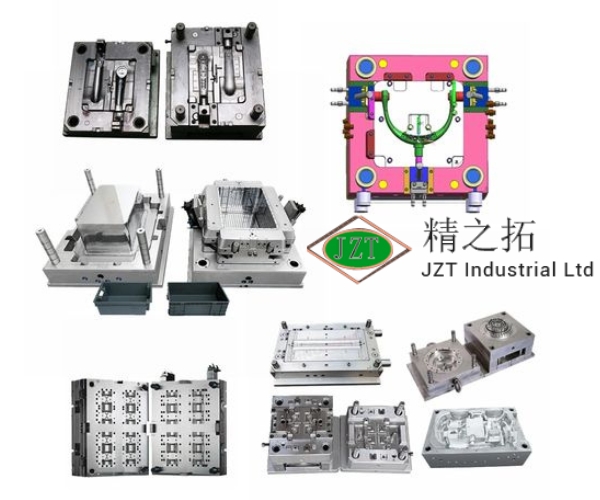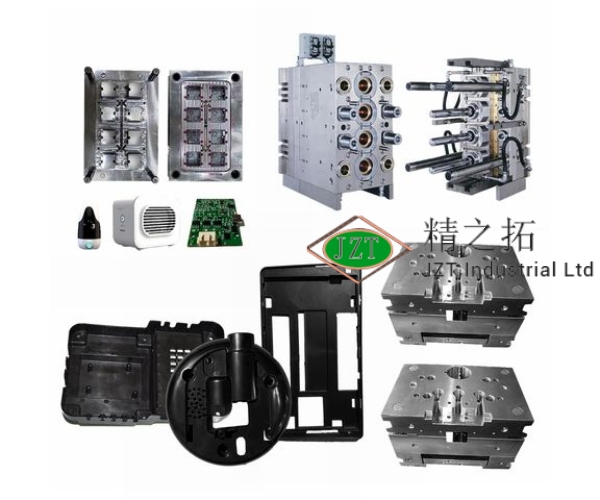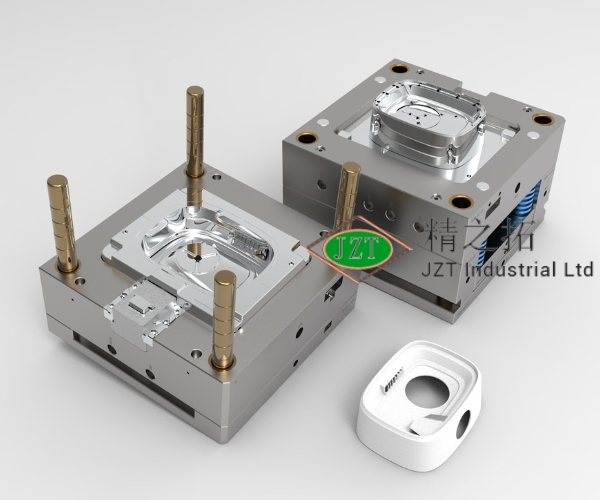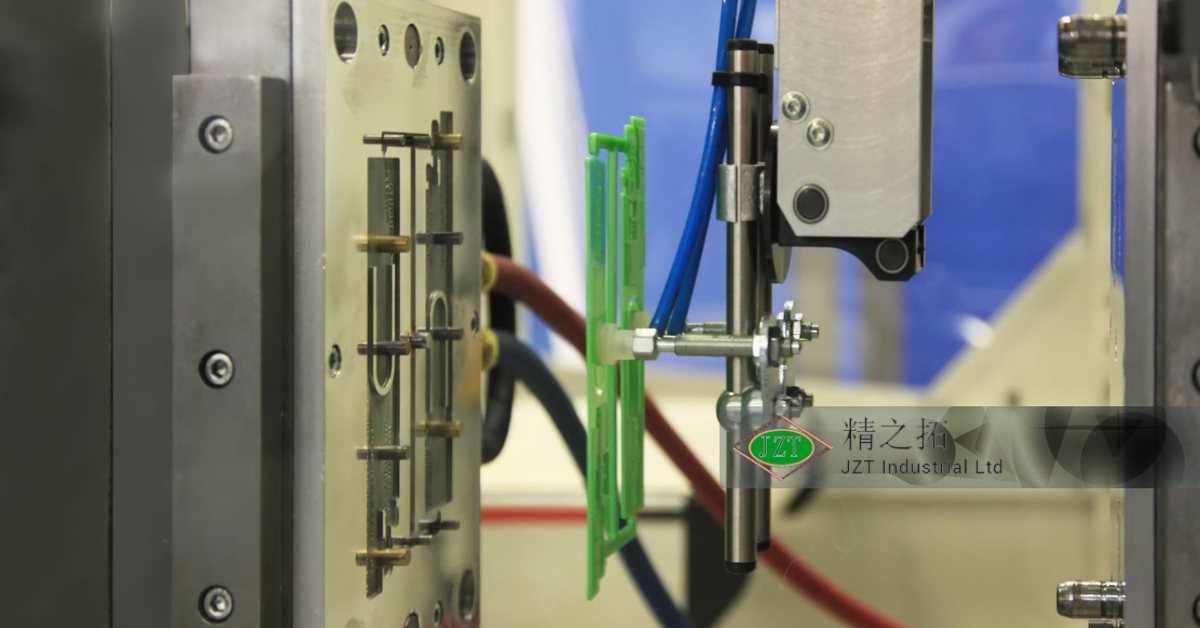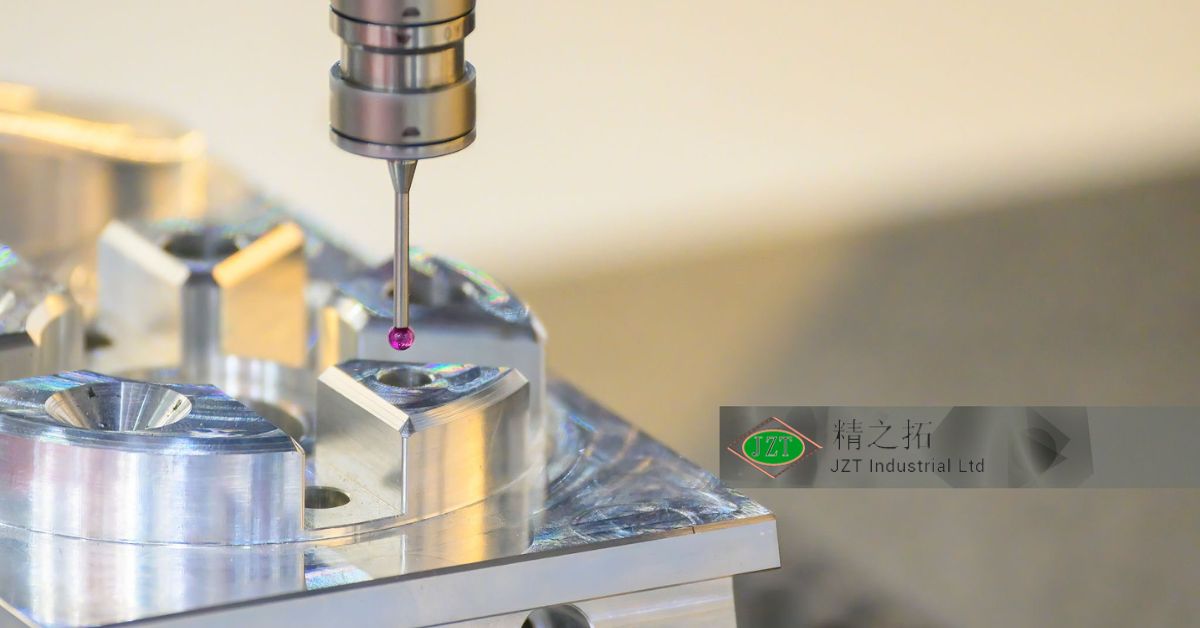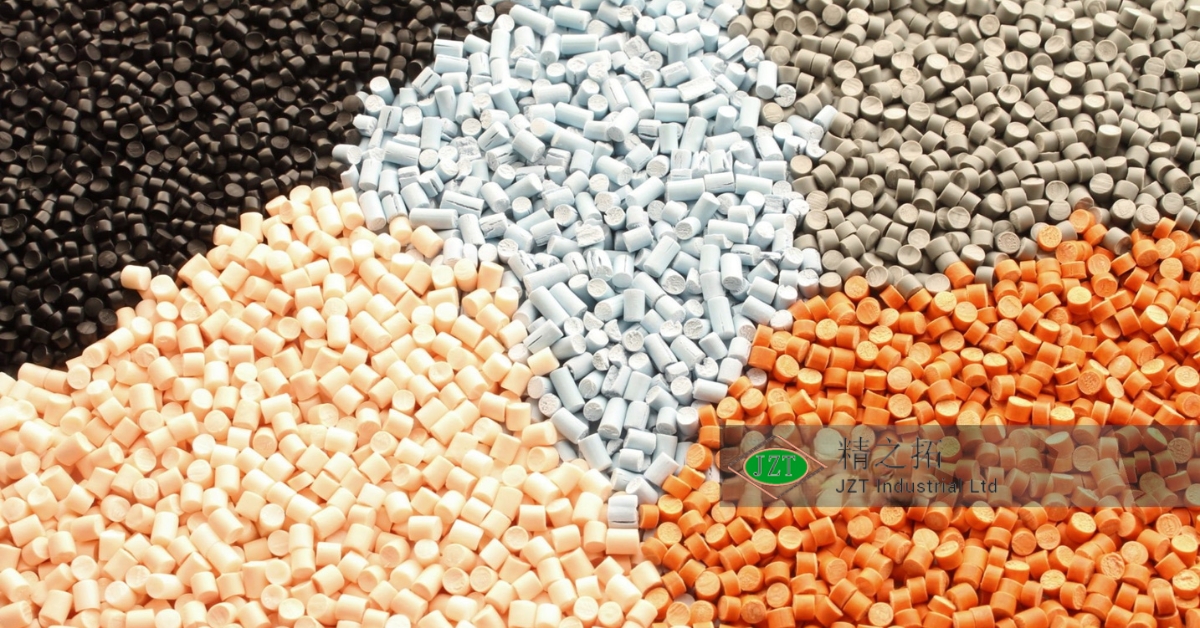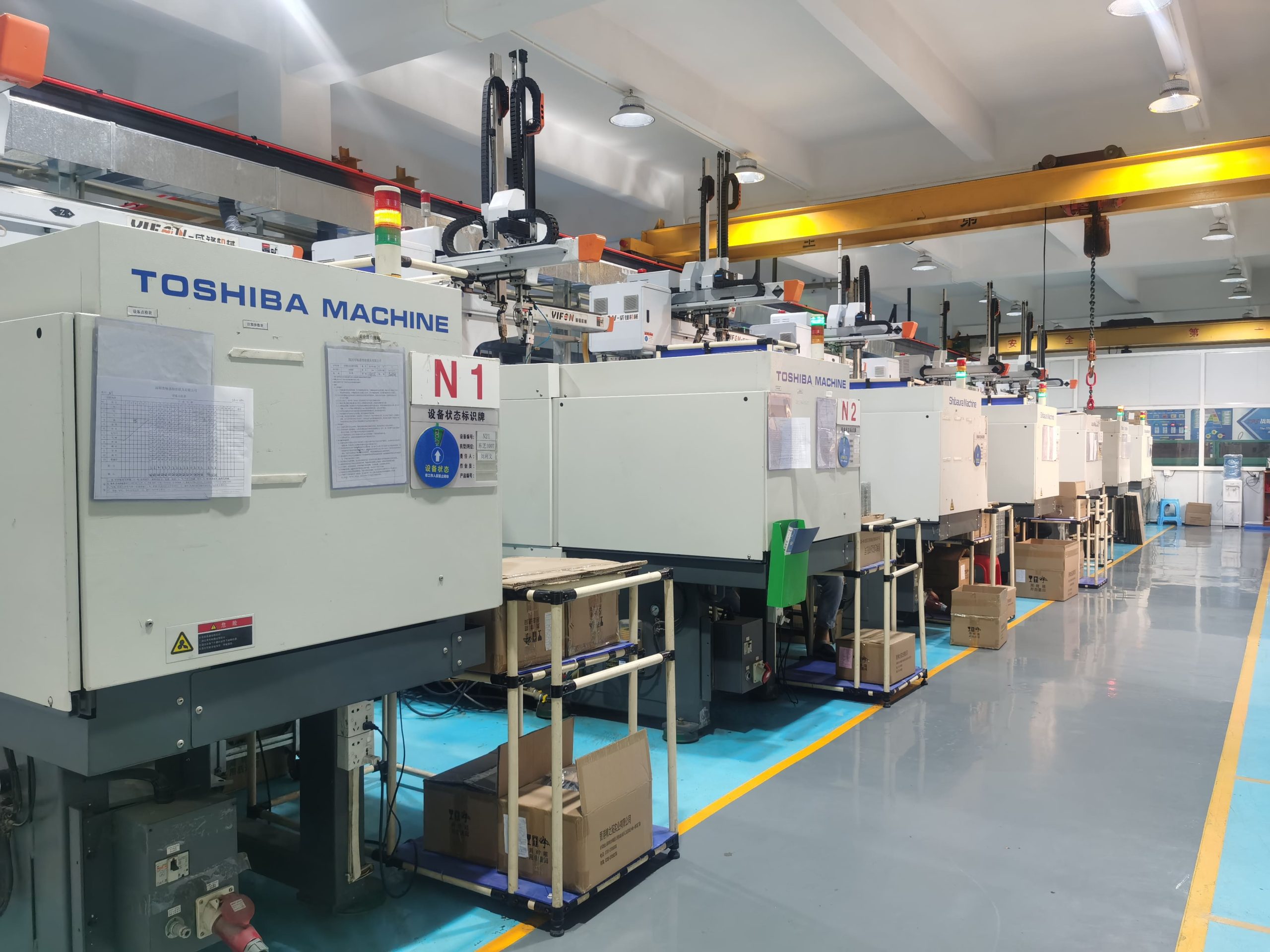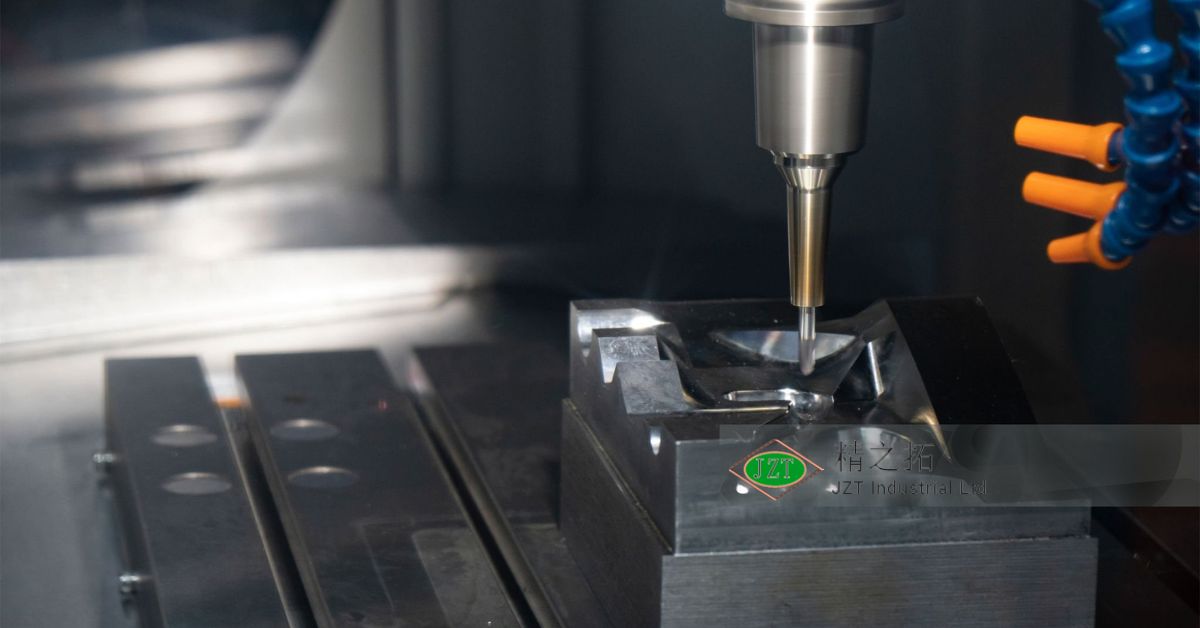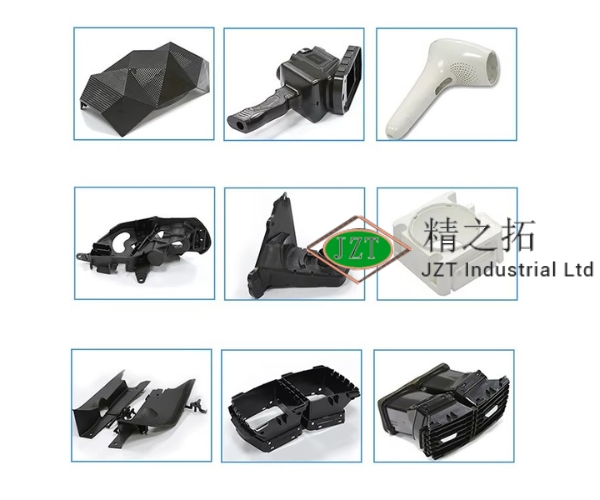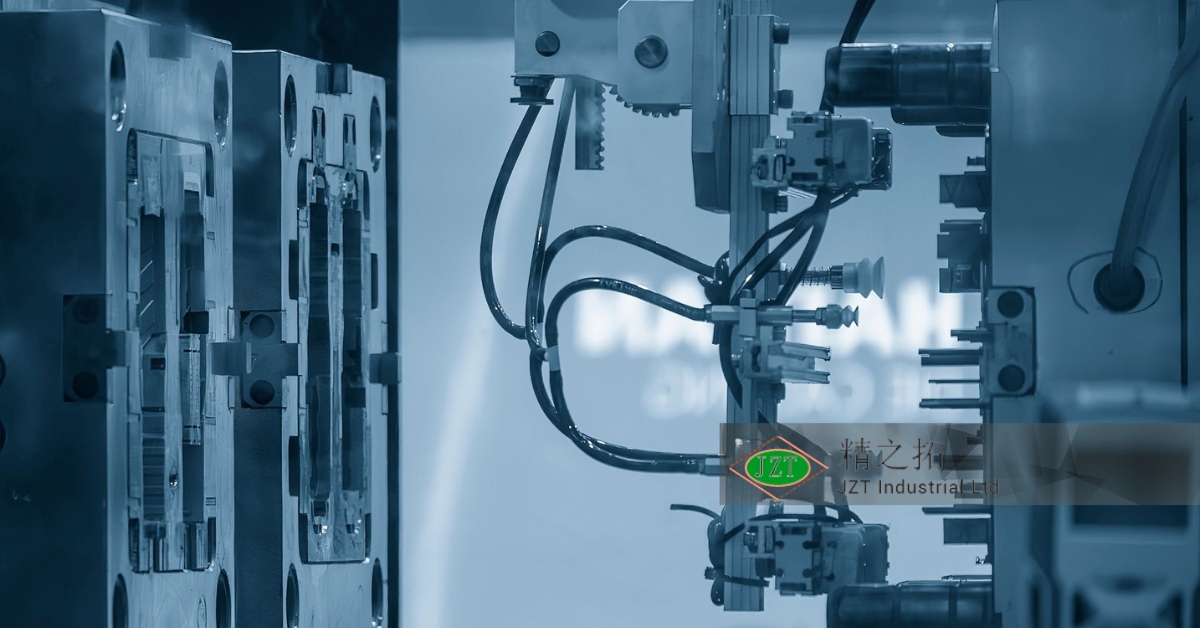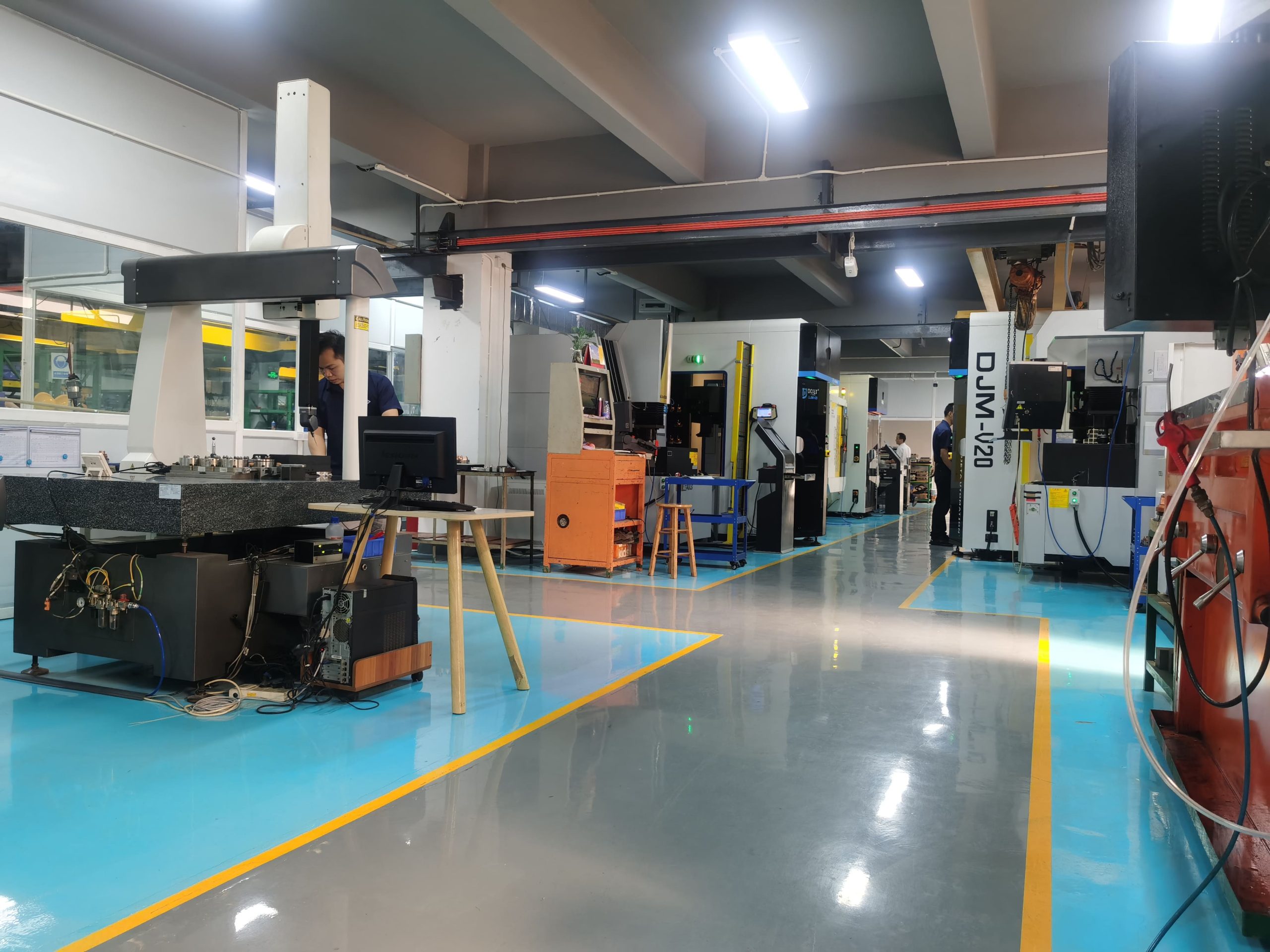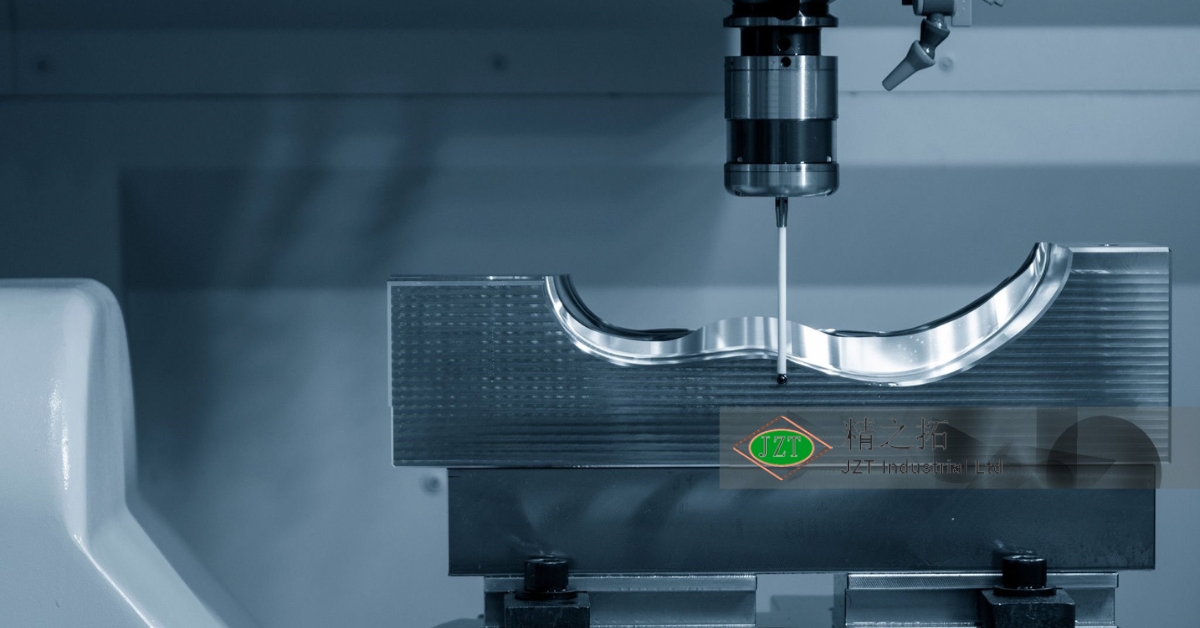Introduction
The performance of a vehicle is greatly influenced by the components that make up its structure, especially in terms of weight, aerodynamics, and safety. Custom plastic parts have enabled the automotive industry to make significant advancements in these areas, allowing for lighter, more efficient, and safer vehicles. The precision enabled by plastic injection molds further allows automotive manufacturers to create parts tailored to meet specific performance criteria, enhancing the overall functionality and efficiency of the vehicle.
Lightweight for Fuel Efficiency and Performance
One of the most impactful benefits of custom plastic parts in automotive applications is the reduction in vehicle weight. By replacing metal components with plastics, manufacturers can achieve substantial weight savings, which directly translates into improved fuel economy and reduced emissions. This is particularly important as global regulations push for more environmentally friendly, fuel-efficient vehicles. Studies indicate that reducing a vehicle’s weight by 10% can improve fuel efficiency by approximately 5-7%. Therefore, using lightweight plastics in components such as door panels, instrument clusters, and engine covers supports sustainability goals while improving vehicle handling and acceleration.
Improved Aerodynamics and Design Flexibility
Aerodynamics is a crucial factor in vehicle performance, as streamlined designs reduce air resistance and improve fuel efficiency. Custom plastic parts are ideal for achieving aerodynamic shapes, as plastics are easily molded into complex forms that can optimize airflow. Plastic injection molds allow for the creation of intricate shapes that would be challenging to produce with metal. For example, aerodynamic underbody panels, spoilers, and side skirts are often made of plastic, contributing to reduced drag and enhanced vehicle stability at high speeds. This design flexibility also enables automakers to experiment with new shapes and structures that enhance both functionality and aesthetics.
Noise, Vibration, and Harshness (NVH) Reduction
Reducing noise, vibration, and harshness (NVH) is essential for improving driver and passenger comfort. Plastics play a significant role in NVH management due to their natural vibration-dampening properties. Custom-molded plastic parts, such as engine mounts, dashboard panels, and interior trims, help absorb vibrations and reduce noise transmission within the cabin. This not only improves comfort but also contributes to a more refined driving experience. Unlike metals, plastics do not amplify vibrations, making them an ideal material for noise reduction in vehicle interiors.
Enhanced Safety Features
Custom plastic parts have also become integral to enhancing vehicle safety. Many plastics used in plastic injection molds are engineered to be impact-resistant, absorbing energy upon collision. This property is crucial for components like bumpers, side panels, and door interiors, which are designed to protect passengers in the event of an accident. Modern plastics can be engineered with energy-absorbing properties, reducing the risk of injury by dispersing the force of impact. Additionally, plastic components can be designed to include airbags, crumple zones, and other safety features that contribute to crashworthiness.
Durability Benefits of Custom Plastic Parts in Automotive Applications
Durability is critical in the automotive industry, as vehicles must withstand harsh environmental conditions, from extreme temperatures to exposure to chemicals and UV light. Custom plastic parts offer durability advantages that extend the lifespan of automotive components, reducing the need for replacements and enhancing the vehicle’s overall longevity.
Corrosion Resistance
One of the most significant advantages of plastics over metals is their resistance to corrosion. Metal components, especially those exposed to moisture or road salt, are prone to rust, which can compromise structural integrity over time. Plastics, however, are inherently resistant to rust and corrosion, making them ideal for applications like fuel tanks, coolant systems, and undercarriage components. By using custom plastic parts for these applications, manufacturers can extend the life of components, reduce maintenance costs, and improve vehicle reliability.
Chemical Resistance and UV Stability
Automotive components, particularly those under the hood, are often exposed to chemicals like fuel, oil, and coolant, which can degrade certain materials. Custom plastics such as polypropylene and polyethylene are highly resistant to chemicals, making them suitable for fuel system components and engine parts. Additionally, UV stability is crucial for exterior parts that face constant sunlight exposure. UV-resistant plastics, like certain grades of ABS and polycarbonate, are used in components such as bumpers, mirrors, and fender flares to prevent degradation from sunlight, ensuring they maintain their appearance and strength over time.
Temperature Tolerance
High-performance plastics are capable of withstanding extreme temperatures without deforming or breaking down, which is essential for automotive components near the engine or exhaust system. Materials like polyamide (nylon) and polyether ether ketone (PEEK) are frequently used in parts like intake manifolds, engine covers, and exhaust components due to their high thermal stability. Unlike metals, which expand with heat and may require additional cooling systems, heat-resistant plastics offer thermal stability while remaining lightweight, contributing to vehicle efficiency and reliability.
Impact Resistance and Durability
Automotive parts are exposed to various impacts and stresses, from vibrations on rough roads to accidental collisions. Custom plastic parts can be engineered to absorb impact and resist mechanical stress, reducing the likelihood of damage and improving the vehicle’s durability. For example, bumpers, fenders, and door panels made from impact-resistant plastics provide excellent protection without adding excessive weight. By using plastics engineered for toughness, automotive manufacturers can create vehicles that are more resilient to everyday wear and tear, as well as minor accidents.
Key Applications of Custom Plastic Parts in the Automotive Industry
Custom plastic parts have become essential in numerous automotive applications, from under-the-hood components to interior and exterior parts. These parts not only enhance vehicle functionality but also contribute to a more comfortable and safer driving experience.
Engine and Powertrain Components
In the engine and powertrain, plastic injection molds are used to create durable components that can withstand the high temperatures and stresses associated with vehicle operation. For instance, air intake manifolds and engine covers are now commonly made from plastic materials, which offer excellent heat resistance and lightweight properties. Cooling system components, such as radiator end tanks and water pump housings, are also frequently made from custom plastics due to their durability and resistance to corrosion and high temperatures.
Interior Components
Plastics are integral to automotive interiors, where they are used in components like dashboards, door panels, center consoles, and seat structures. Custom plastic parts allow manufacturers to create ergonomic designs with aesthetic appeal while keeping weight low. Additionally, the noise-dampening properties of plastics improve cabin comfort, making the vehicle interior quieter. Overmolding techniques can be applied to add soft-touch surfaces to plastic parts, enhancing comfort and creating an upscale look and feel for consumers.
Exterior and Body Components
For exterior applications, plastic materials provide durability and UV resistance, ensuring that parts withstand exposure to sunlight, rain, and other environmental factors. Custom plastic parts like bumpers, fenders, mirror housings, and grilles are designed to be impact-resistant, helping protect the vehicle’s body from minor accidents. The flexibility of plastics in mold design also allows for more creative styling, enhancing the visual appeal of the vehicle while providing functional benefits.
Fuel and Emission System Components
Plastics have proven especially useful in fuel and emission system components due to their chemical resistance and lightweight nature. Components such as fuel tanks, fuel lines, and vapor canisters are often made from high-density polyethylene or other chemical-resistant plastics, ensuring that they do not degrade from exposure to fuel or vapors. These parts are crucial for vehicle efficiency and emissions control, contributing to the reduction of pollutants.
Electrical and Electronic Housings
The role of plastic in automotive electronics is expanding as vehicles incorporate more advanced technology. Plastic housings are used to protect electronic components, such as wiring harnesses, sensors, and battery covers, from moisture, heat, and physical damage. Insulating materials like polycarbonate are commonly used for these applications, as they provide excellent protection and prevent electrical shorts. By housing sensitive electronics in durable plastic enclosures, manufacturers enhance the safety and reliability of modern vehicles.
Material Selection for Custom Plastic Parts in Automotive Applications
Choosing the right materials for custom plastic parts is crucial to achieving the durability, performance, and functionality that automotive applications demand. The specific requirements of each part—such as heat resistance, impact strength, and chemical compatibility—determine which plastic materials are most suitable. With advancements in plastic injection molds and material science, automotive manufacturers now have access to a variety of engineered plastics that offer optimal performance for various applications.
High-Performance Thermoplastics for Automotive Parts
High-performance thermoplastics are widely used in the automotive industry for their unique properties, including high tensile strength, heat resistance, and flexibility. Commonly used plastics include:
- Nylon (Polyamide): Known for its strength, flexibility, and resistance to abrasion, nylon is often used in under-the-hood components, such as intake manifolds and cooling system parts.
- Polycarbonate (PC): This plastic is valued for its impact resistance and optical clarity, making it ideal for components like headlights and interior screens.
- ABS (Acrylonitrile Butadiene Styrene): A versatile material, ABS provides excellent toughness and impact resistance, commonly used in dashboards and interior trim.
- Polypropylene (PP): Polypropylene offers excellent chemical resistance and flexibility, which is suitable for parts like battery casings and fuel system components.
These materials are selected not only for their specific properties but also for their compatibility with plastic injection molding processes, ensuring that each part meets the necessary standards for strength, weight, and durability.
Heat-Resistant and Flame-Retardant Materials
Heat resistance is essential for parts that operate near the engine or exhaust systems, where temperatures can reach extreme levels. Polyphenylene sulfide (PPS) and polyether ether ketone (PEEK) are examples of heat-resistant thermoplastics used for components such as engine covers, valve parts, and exhaust manifolds. These materials are stable at high temperatures, allowing them to maintain their shape and strength under prolonged heat exposure, unlike metals, which can warp or expand.
Chemical-Resistant Plastics for Fuel System Components
Fuel system components must withstand exposure to fuel, oils, and other chemicals without degrading. High-density polyethylene (HDPE) and fluoropolymers are frequently used for fuel tanks, lines, and vapor management systems due to their resistance to a wide range of chemicals. Using these materials reduces the risk of fuel leaks or corrosion, enhancing safety and reliability in critical fuel and emission systems.
UV-Stable and Weather-Resistant Materials for Exterior Components
Plastics exposed to sunlight and outdoor elements require UV stability to prevent degradation. UV-resistant plastics, such as certain grades of polycarbonate and polypropylene, are commonly used for exterior parts like fenders, bumpers, and mirror housings. These materials resist color fading, cracking, and brittleness caused by prolonged UV exposure, helping the vehicle maintain its aesthetic appeal and structural integrity over time.
Advanced Manufacturing Techniques for Custom Plastic Parts in Automotive Applications
The automotive industry relies on advanced manufacturing techniques to produce custom plastic parts that meet stringent performance and durability standards. Plastic injection molding is central to this process, but specialized methods within injection molding allow for even more precise and functional parts.
Precision Injection Molding
Precision injection molding produces parts with tight tolerances and exact dimensions, making it ideal for automotive applications that require consistency and accuracy. This technique is especially valuable for small components like connectors, clips, and sensors, where even minor variations could compromise functionality. By using advanced molding equipment and strict process control, precision injection molding ensures each part meets high quality and performance standards.
Gas-Assisted Injection Molding
Gas-assisted injection molding is a technique where pressurized gas is introduced into the mold cavity, creating hollow sections within the part. This reduces material usage and results in lighter parts while maintaining structural integrity. This technique is ideal for large components, such as dashboards, seatbacks, and door panels, as it reduces weight without sacrificing strength. Gas-assisted molding helps automotive manufacturers meet fuel efficiency goals by reducing vehicle weight.
Overmolding for Multi-Material Parts
Overmolding is used to combine two or more materials in a single part, allowing for enhanced functionality and aesthetic appeal. In automotive interiors, overmolding is often used to add a soft-touch layer to rigid plastic parts, improving comfort and grip on components like steering wheels, buttons, and handles. This technique also supports ergonomic designs and provides additional layers of functionality in a single, integrated component.
Insert Molding for Strengthened Parts
Insert molding involves placing metal or other inserts into the mold before injecting the plastic, creating a part with integrated metal reinforcements. This is particularly useful for components that require additional strength, such as brackets, fasteners, or threaded areas in plastic parts. Insert molding reduces the need for post-assembly processes, streamlining production and enhancing the durability of the finished part.
Foam Injection Molding for Lightweight Components
Foam injection molding creates lightweight components by incorporating a foaming agent within the plastic material. The result is a part with a rigid outer surface and a lightweight, foamed core, which reduces weight while maintaining structural stability. Foam injection molding is commonly used for interior panels and dashboards, where weight reduction is desired without compromising rigidity.
The Role of Custom Plastic Parts in Enhancing Sustainability in the Automotive Industry
As the automotive industry faces increasing pressure to reduce emissions and environmental impact, custom plastic parts offer solutions that support sustainability goals. Plastics contribute to a vehicle’s eco-friendly performance by reducing weight, using recyclable materials, and extending part lifespan.
Weight Reduction for Improved Fuel Efficiency and Reduced Emissions
One of the most direct ways plastic parts support sustainability is through weight reduction, which improves fuel efficiency and reduces greenhouse gas emissions. Replacing metal components with lightweight plastics can reduce a vehicle’s weight significantly, leading to lower fuel consumption. By using high-strength, lightweight plastics, automakers can produce fuel-efficient vehicles that comply with increasingly strict emissions regulations.
Use of Recyclable and Sustainable Materials
Many automotive manufacturers are adopting recyclable plastics and bio-based materials in response to environmental concerns. Some custom plastic parts are now made from recycled materials, reducing the demand for new resources and minimizing waste. Bio-based plastics, derived from renewable sources such as corn starch or sugarcane, are also being explored for automotive applications. These materials offer a lower carbon footprint compared to traditional plastics, supporting a more sustainable manufacturing process.
Longer Part Lifespan Reducing Waste
Durable plastic parts contribute to vehicle longevity by reducing the need for replacements. Unlike metals, which may rust or corrode, plastics can withstand harsh conditions without deteriorating. This durability reduces the frequency of part replacements, minimizing waste and lowering the environmental impact associated with manufacturing and disposal. By designing parts for long-term use, manufacturers contribute to a more sustainable automotive lifecycle.
End-of-Life Recyclability
The automotive industry is increasingly focused on the recyclability of materials used in vehicles. Many plastics can now be recycled at the end of a vehicle’s life, contributing to a circular economy. Some manufacturers are implementing closed-loop recycling systems, where plastics recovered from end-of-life vehicles are processed and reused in new components. This approach helps reduce waste and conserves resources, aligning with sustainability goals and environmental regulations.
Case Studies: Success Stories of Custom Plastic Parts in Automotive Applications
Examining real-world examples helps illustrate the impact of custom plastic parts on performance and durability in automotive applications.
Case Study 1: Lightweight Engine Covers
Switching from metal to plastic engine covers has allowed manufacturers to reduce vehicle weight while maintaining thermal stability. Nylon-based plastic engine covers are both lightweight and durable, resisting heat and protecting the engine components. This reduction in weight contributes to better fuel economy and improves overall vehicle efficiency.
Case Study 2: Durable Plastic Fuel Tanks
Custom plastic fuel tanks made from high-density polyethylene (HDPE) have replaced metal fuel tanks in many vehicles. These plastic tanks resist corrosion and fuel degradation, providing a longer lifespan and improved safety. The lightweight nature of plastic fuel tanks also contributes to weight savings, which enhances fuel efficiency.
Case Study 3: Overmolded Interior Trim
Overmolding has allowed manufacturers to create interior components that combine functionality with comfort. By adding a soft-touch layer to hard plastic parts like door handles and armrests, overmolding improves comfort and provides a premium feel, enhancing the user experience.
Case Study 4: Foam Molded Dashboard Panels
Using foam injection molding, manufacturers have created lightweight, rigid dashboard panels that reduce the overall weight of the vehicle while maintaining durability. These dashboards are also more cost-effective to produce and offer added noise reduction properties, improving cabin comfort.
Case Study 5: UV-Stable Exterior Parts
UV-stable plastics used in fenders and mirror housings help vehicles maintain their appearance and strength under harsh sunlight. These parts resist fading, cracking, and other forms of deterioration caused by UV exposure, ensuring that exterior components remain durable and visually appealing throughout the vehicle’s life.
Choosing the Right Plastic Parts Manufacturer for Automotive Applications
Selecting a reliable plastic parts manufacturer is essential for producing high-quality, durable automotive components. The right partner will have the expertise, technology, and quality assurance processes necessary to meet the specific demands of the automotive industry.
Experience and Expertise in Automotive Components
An experienced manufacturer understands the complexities and performance standards required in automotive applications. Look for a manufacturer with a track record in the industry, as their knowledge will be instrumental in meeting design specifications, compliance requirements, and quality standards.
Advanced Manufacturing Capabilities
Working with a manufacturer that offers advanced manufacturing techniques, such as precision molding and gas-assisted molding, ensures that parts meet the necessary specifications for strength, weight, and performance. These capabilities also support innovation in part design, allowing for unique solutions to meet the evolving needs of the automotive market.
Commitment to Quality and Certifications
Certifications like IATF 16949 and ISO 9001 indicate a commitment to quality management, which is critical for ensuring that each part meets the required standards. Manufacturers with these certifications follow stringent quality control processes, reducing the risk of defects and ensuring consistent performance across production runs.
Collaboration and Design Support
A collaborative approach to design and manufacturing can be highly beneficial, especially for custom or complex parts. Manufacturers who offer design support can assist with optimizing part designs for manufacturability, reducing costs, and improving performance. Early involvement in the design phase ensures that the final product aligns with both functional requirements and production feasibility.
Conclusion
Custom plastic parts play a vital role in enhancing the performance, durability, and sustainability of modern vehicles. By replacing traditional materials with high-performance plastics, the automotive industry has achieved substantial improvements in fuel efficiency, safety, and comfort. From lightweight engine components to UV-resistant exterior parts, plastics offer unique advantages that support innovation and meet the demands of today’s market.
The future of plastics in the automotive industry looks promising, with ongoing advancements in materials and manufacturing techniques. By partnering with an experienced plastic parts manufacturer, automotive companies can leverage the benefits of custom plastics to produce high-quality, reliable, and sustainable vehicles that meet the needs of consumers and comply with regulatory standards.
FAQs
What are the main benefits of using custom plastic parts in automotive applications?
Custom plastic parts offer benefits like weight reduction, corrosion resistance, design flexibility, and cost savings. These advantages improve vehicle performance, durability, and fuel efficiency.
How do plastic injection molds contribute to high-quality automotive parts?
Plastic injection molds provide precise control over part dimensions, allowing for complex shapes and tight tolerances. This ensures consistency and quality in high-volume automotive production.
Which plastics are commonly used in automotive components?
Materials like nylon, polypropylene, polycarbonate, and ABS are widely used in automotive applications due to their durability, heat resistance, and chemical stability.
What role does material selection play in automotive plastic parts?
Material selection is crucial for ensuring that plastic parts meet specific performance requirements, such as heat tolerance, impact resistance, and chemical compatibility. The right materials extend part lifespan and improve overall vehicle quality.
How do plastic parts support sustainability in the automotive industry?
Plastic parts reduce vehicle weight, improving fuel efficiency and lowering emissions. Additionally, many plastics are recyclable, and some are made from renewable sources, contributing to a more sustainable automotive lifecycle.

